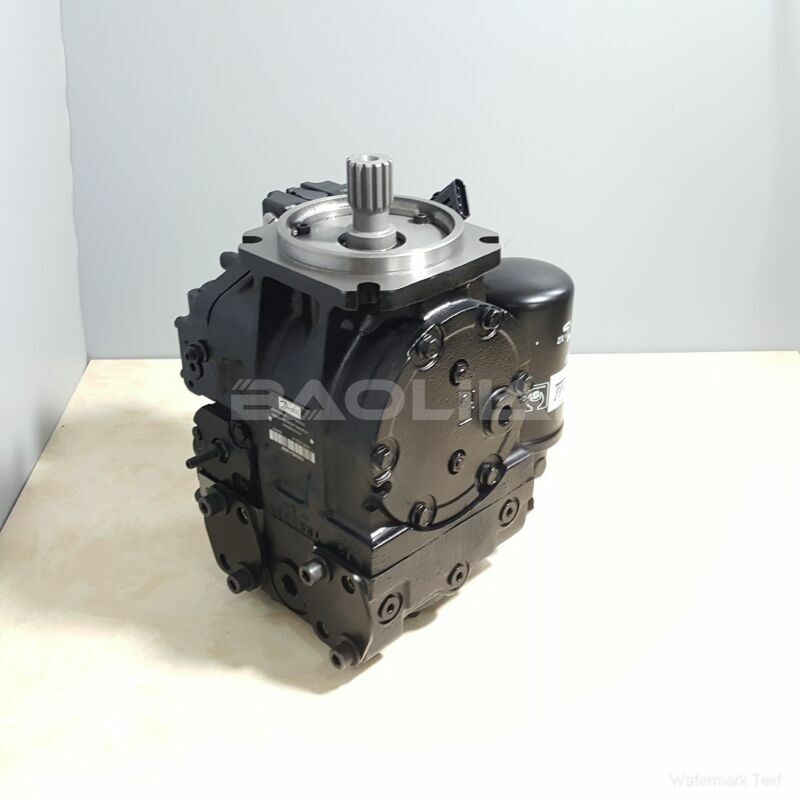90R180KA5NN80TCC8H03NNN262624 hydraulic pump
90R180KA5NN80TCC8H03NNN262624 hydraulic pump

- Product Details
- Applicable Scene
Plunger pumps are commonly used in various industries due to their ability to deliver high-pressure fluids with consistent flow rates. However, ensuring optimal efficiency of these pumps is a challenge that requires careful monitoring and management. Recent advancements in artificial intelligence (AI) have opened new avenues for enhancing the performance of plunger pumps. By leveraging AI algorithms, industries can optimize the efficiency of these pumps, reduce operational costs, and improve overall system reliability.
90R180-KA-5-NN-80-T-C-C8-H-03-NNN-26-26-24
90R180KA5NN80TCC8H03NNN262624
The first step in optimizing plunger pump efficiency through AI is data collection. Sensors can be installed to continuously monitor key parameters such as pressure, flow rate, and temperature. These data points are crucial in understanding the pump’s operational characteristics and identifying potential inefficiencies. As more data is gathered, machine learning algorithms can analyze historical performance trends, detect anomalies, and predict future behavior.

80000837
One of the primary applications of AI in this context is predictive maintenance. By employing machine learning techniques, models can be developed to forecast when maintenance is required based on the collected data. This proactive approach helps to prevent unexpected breakdowns and reduces downtime. Instead of adhering to a fixed maintenance schedule, companies can optimize their maintenance activities based on actual performance and wear, leading to significant cost savings.
Another area where AI can contribute is in the optimization of pump parameters. By employing optimization algorithms, operators can determine the ideal settings for factors such as stroke length, frequency, and fluid viscosity to achieve maximum efficiency. This data-driven approach allows for real-time adjustments to be made, ensuring that the pump operates within its optimal range at all times.
AI can also enhance the design and selection of plunger pumps. By utilizing simulation and modeling techniques, engineers can explore various configurations and materials, predicting how changes will affect performance. This enables manufacturers to create more efficient pumps tailored to specific applications, leading to improved energy usage and reduced operational expenses.





